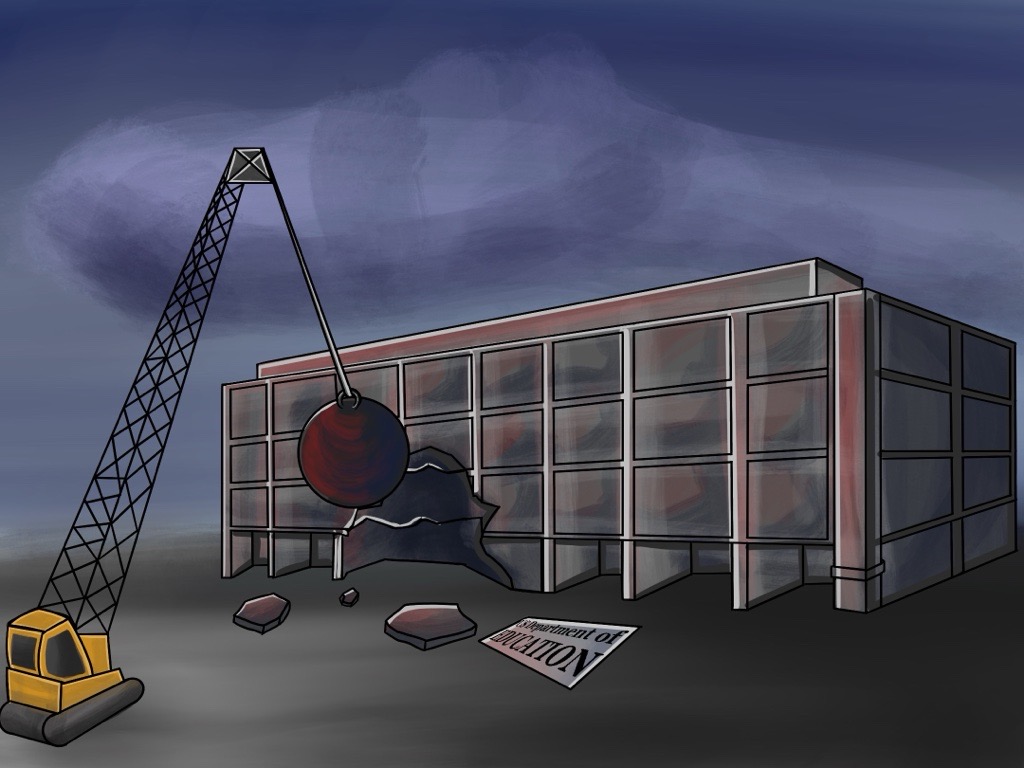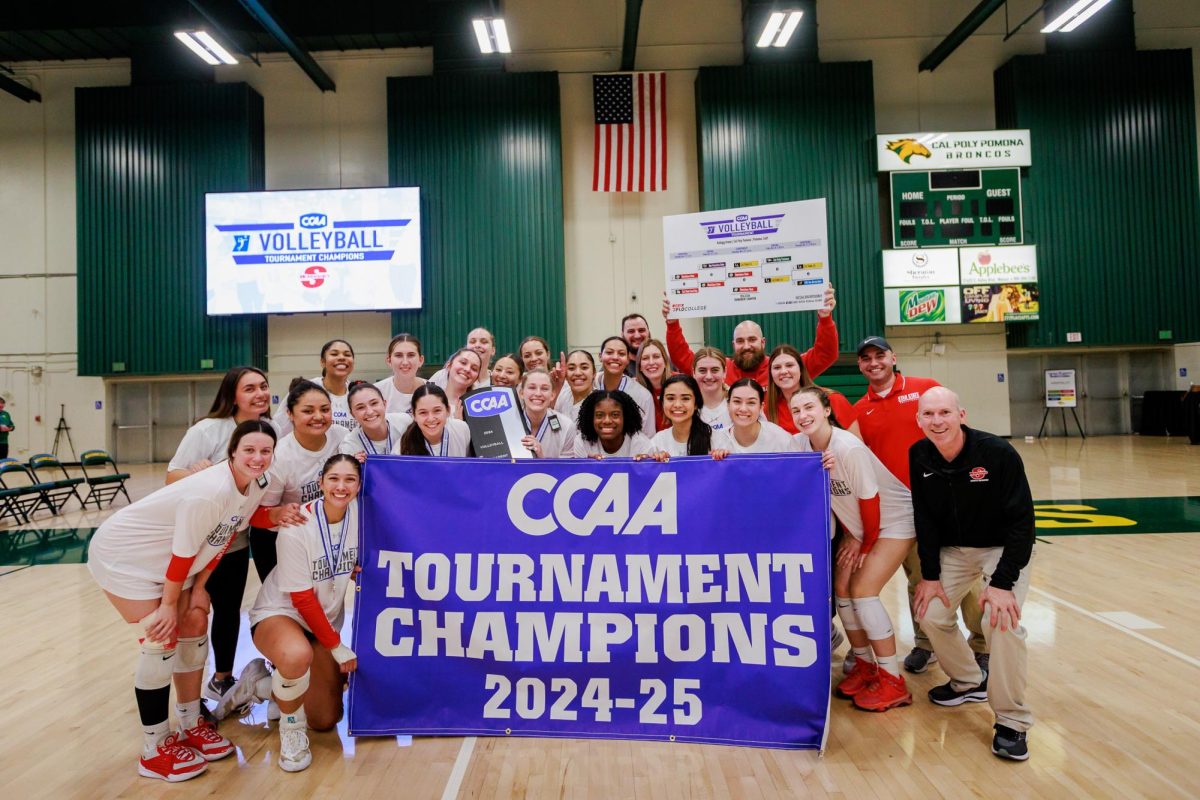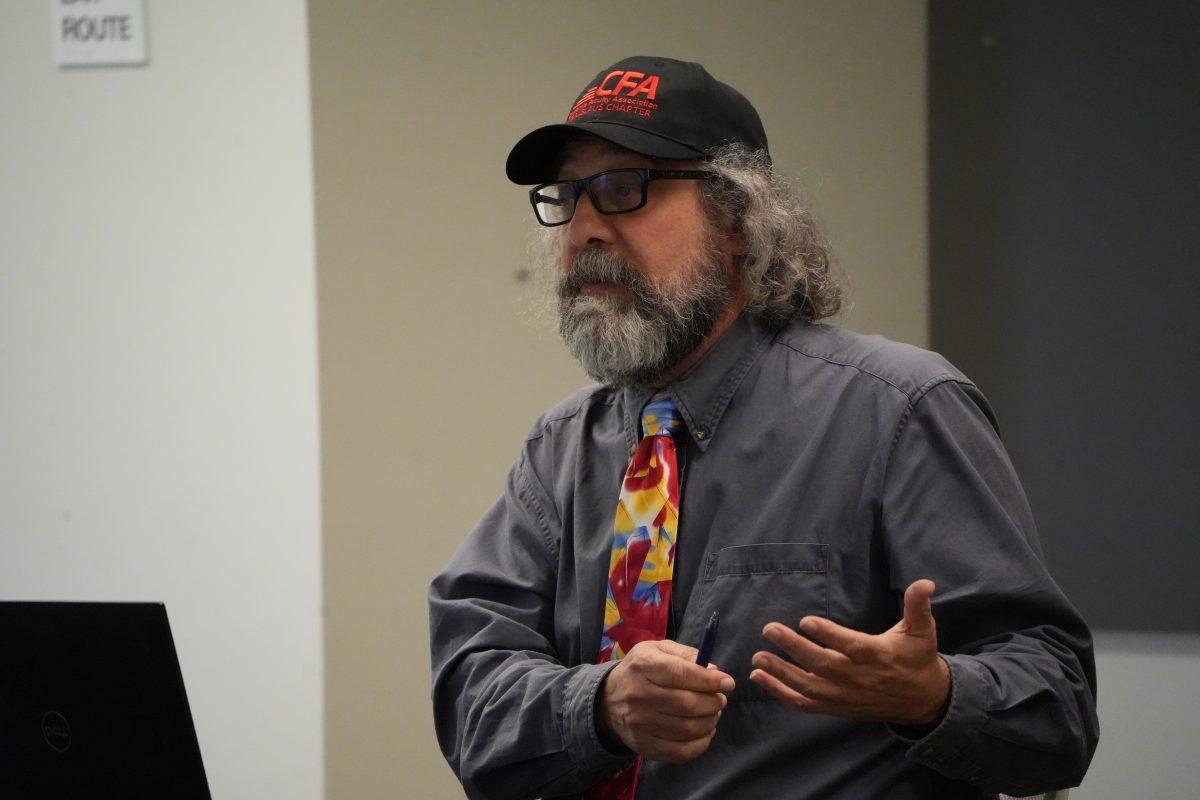You might have heard the phrase “never judge a book by its cover,” but what about when it comes to its price? Many students are constantly looking for the ultimate deal on their textbooks, so which service provider will give you the best deal, Amazon and Chegg or the California State University Stanislaus, (Stan State) University Bookstore? The truth might surprise you.
Students like Janet Rivera (sophomore, Kinesiology) knew coming into college that selecting textbooks would require hundreds of dollars. Some students are automatically referred to exterior online sources by older college friends.
“I found a really reliable source I always go to, which is Chegg, and I always order online books there. But I’ve never really gone here to the school besides maybe passing by and having to buy a clicker. That’s all that I’ve ever actually bought at the school,” Rivera said.
She stated that she is often able to save money on textbooks at prices anywhere from 30 to 40 dollars.
“That’s money I could use for gas since I’m a commuter, so it helps me save money,” Rivera said.
Rivera said that really the only downside to buying from online sources is waiting on the textbook to arrive while classes are starting up, not to mention the shipping fees.
Amazon has made it more convenient than ever before for students to ship their books within just two days of ordering the textbook if they sign up for Prime Student. However, after the one month trial, a regular fee will be charged to the student’s account once they become a Prime user unless the subscription is canceled.
So, does the convenience of simply walking into Stan State’s University Bookstore and walking out with your textbook better than buying online and paying the shipping fees?
Alex Johnson, Stan State bookstore cashier (junior, Physical Anthropology), said yes.
After being a temporarily bookseller for two seasons and beginning her first full year as Stan State’s Bookstore cashier, Johnson knows firsthand how chaotic it can be searching for books at the beginning of the semester while trying to find the best deals.
“As long as the teacher’s not new, usually we already have their books because the same teacher uses the same book over and over, and we just know, we know the teachers,” Johnson said. “It’s a more personal relationship.”
In her time working for the University Bookstore, Johnson said it tends to be the younger students that seek out alternative sources for buying textbooks whereas older students with particular majors go to the bookstore because they know they can find their textbook directly on the shelf. And, the bookstore will price match with Amazon for purchased or rental textbooks.
“I’m worried about other places because they’re term of renting ends before sometimes our final date, and so that’s why I’m always weary of when I’m looking at other places,” Johnson said.
However, it appears that many students are looking at other cost efficient ways of acquiring their college textbooks altogether— digital piracy.
Brett Martin (senior, Computer Science) has spent the last year gathering data for his thesis project to be presented this May, for Stan State’s Honors Program, which focuses on a new model that evolves out of the currently broken model of textbook buying.
It starts with tracking pirated digital downloads that become more popular over time such as biology or chemistry books, that are digitally downloaded “hundreds of thousands” of times without a subscription or consequence to the action Martin said.
“I do have kind of an alternate model per say to distribute textbooks along the lines of Spotify or Netflix per a purchasable subscription to textbooks through the school. And, the cost is integrated into tuition cost, so it’s not something extra students have to pay for,” Martin said. Publishers would also be receiving a “steady stream of revenue” while working with the university.
Teachers would no longer receive “evil glare” from their students “when they assign a $400 textbook,” Martin said.
When it comes to finding the American deal on acquiring textbooks, it appears that online service providers and Stan State’s University Bookstore are becoming more equally matched, and the only question left to answer is the question of convenience.
Categories:
Stan State students search for different methods of purchasing textbooks
Kristen Dias
•
February 22, 2017
Brett Martin (senior, Computer Science) stands in front of the University Bookstore, holding an Amazon rental textbook. (Signal Photo/ Kristen Dias)
0
More to Discover







